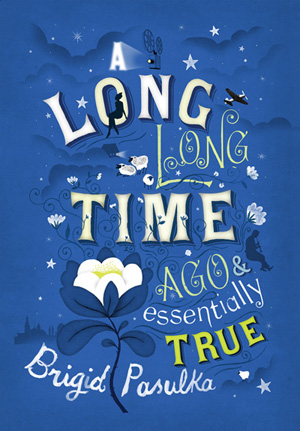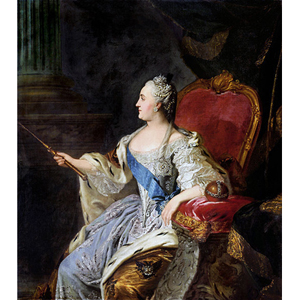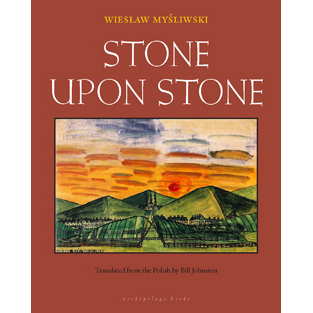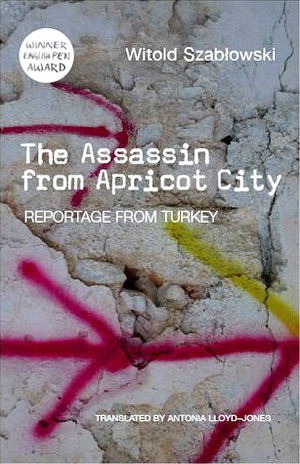 A Long, Long Time Ago and Essentially True
A Long, Long Time Ago and Essentially True
by Brigid Pasulka
Houghton Mifflin, 354 pages.
ISBN: 978-0547055077
Upon telling anyone who knows anything about Poland that I had found a book that accurately, hilariously, and poignantly described the spirit and modern history of Poland, I’m sure I would receive incredulous looks. How could a 350-page fiction novel possibly give the necessary depth to Poland’s intricate past? A Long, Long Time Ago and Essentially True by Brigid Pasulka tackles this gargantuan task in an entertaining and skillful fashion.
Pasulka, “a descendent of Polish immigrants…first arrived in [Poland] in the early nineties, with no contacts, no knowledge of the language, and only a vague idea of Polish culture…quickly fell in love with the place, learned Polish, and decided to stay,” according to her book jacket biography. A Long, Long Time Ago…, her first novel, is an enchanted love story—both between two young people and between the reader and Poland—that uses the cold, hard facts of the last sixty years of Polish history to explain the resilience and intensity of the Polish spirit.
The storyline follows the relationship of a beautiful village girl, Anielica, and a young man from a neighboring village, nicknamed the Pigeon, as they fall in love and make plans to marry that are ruined by the German and Russian invasions in 1939, and move to Krakow after the war ended. The reader gains another perspective on Anielica and the Pigeon’s lives as she watches Beata, the couple’s granddaughter, make her own move to Krakow 55 years later. This story, spanning three generations, gives the reader a firsthand account of the German and Soviet oppression, as well as a reflective look at the Soviet years, and a realistic view of the newly independent, democratic Poland.
While tackling such intense subjects, the book is still lighthearted, retelling the goings-on of a small Polish village and its gossipy inhabitants. Descriptions of Beata’s life in Krakow are also chuckle worthy, as she adapts to life in a big city with a witty cousin, Irena, and her bombshell daughter, Magda.
Perhaps my description of the book’s plot so far has made it appear fanciful and not fact-based. While the characters are purely fictional, their stories ring true. The book highlights both the happiest and most heartbreaking times in the lives of its characters, an important attribute that makes the events relatable instead of isolated historical happenings taking place in a faraway country and time.
While the book’s accessibility may not be a huge concern for Poles themselves, in my opinion, it is an important part of its success. Personally, I have never come across such a powerful tool for explaining Polish culture, history, and the Polish spirit to a non-Polish friend. I sincerely hope that that Ms. Pasulka’s book finds further success, and she continues to tackle explaining Poland to the average English-speaker.
CR



